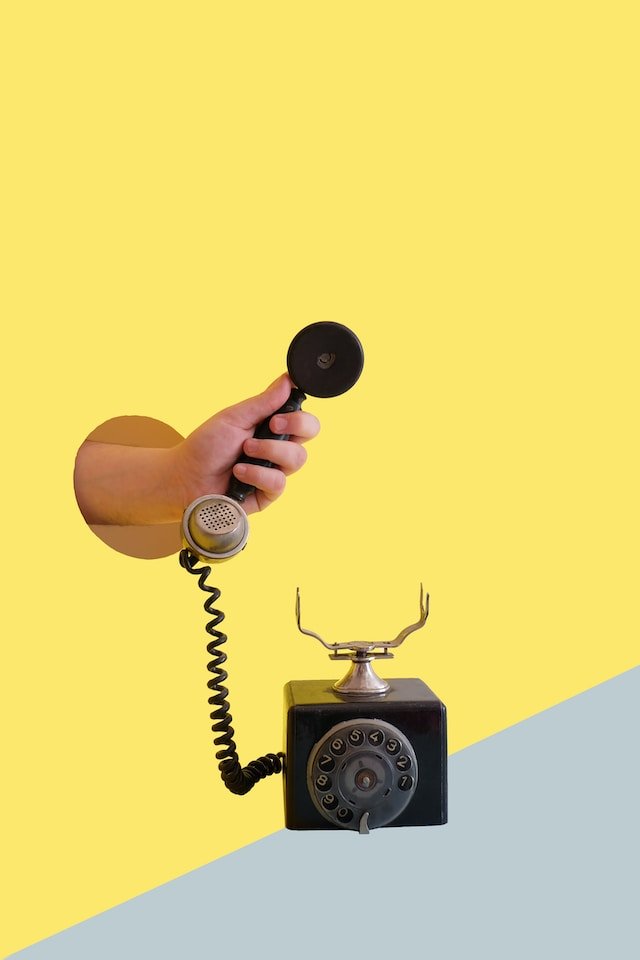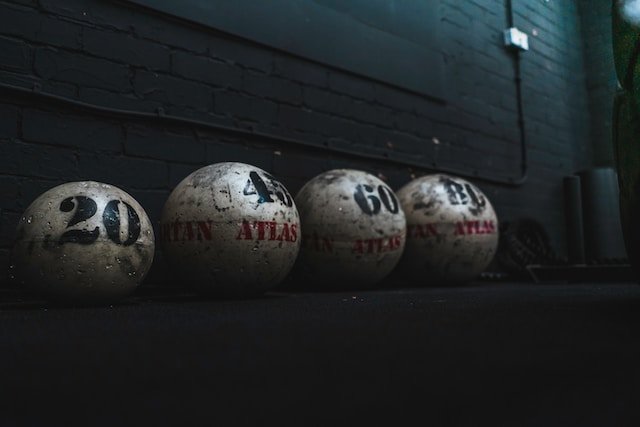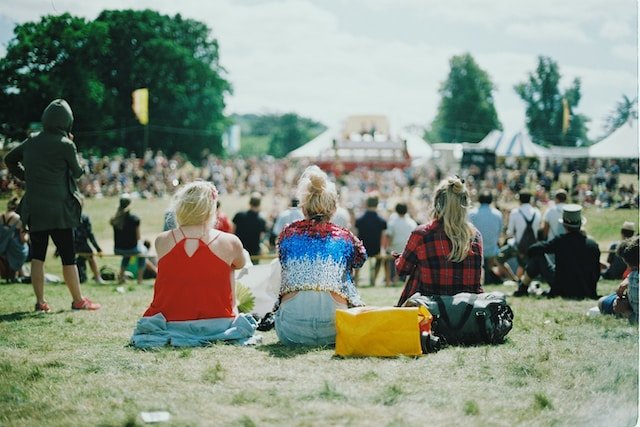Jon Kelly recently chatted to Mark Thomas ahead of his December appearance at CAST. This is a transcript of a wider interview originally recorded for the Orange Flavoured Pipe Machine radio show, broadcasting on Fridays from 8pm on Sine FM.
JK: Mark, there are loads of things you’re involved with; you’re not just a performer. You’ve been referred to as a number of things – comedian, political activist even a domestic extremist. What are you happy to be described as? Assuming you’re allowed to leave the country, what does it say on your passport?
MT: Official pain in the arse, that’s really what I want.
JK: So you’re coming back to Doncaster to visit our new performance venue with your new show?
MT: Yeah, it’s really exciting. It’s brilliant Doncaster has a new venue; I think it’s great. You know I went to college at Breton Hall? The next show I’m doing is about the Labour Club in Wakefield. It’ll be a weird and wonderful show. I’ve always regarded Yorkshire as a place where I have to come and do well at, because this is where I started performing in public, in the Wakefield Labour Club. We’d put on shows, benefits and fundraisers for the miner’s strike and progressive causes, campaigns against nursery closures and all that type of stuff. We used to write shows and perform them in the afternoon. And we also refused to rehearse because we believed that to be bourgeois. We were terrible! I make no claims about it. But we put a lot of heart into it. And because of that history, whenever I’ve come up to Yorkshire I’ve always regarded it kind of like second home. So Leeds, Sheffield, Donny, all those places you have to do well at ‘cos it’s your home turf. Yeah, I’m excited about coming up.
K: Just tell us a little bit about this new show then, Mark. It’s called Trespass isn’t it?
MT: The show’s about how we’re privatising public space. Corporations, shopping centres all these kinds of things buying up public space. There are new laws, new regulations about things you can’t do. It’s me basically being bloody minded and saying, right let’s see what we can do. It’s the usual mix of protest theatre, journalism and mayhem; we’ve done all sorts of things. We did a punk rock gig on the River Thames, without authorisation or anything like that. See, when the tide goes out, it’s really difficult to say who is in charge of the beach. So all this massive stretch around the centre of London is privately owned by corporations and you are there by their permission. You can’t demonstrate, you can’t assemble, you can’t busk, you can’t hand out leaflets, you can’t protest, you can’t make a speech. All the normal things you’d expect due to your human rights; you can’t have these things in these spaces now. So what we do is say, well let’s find the places where you can do these things. And when the tide goes out, you can get down on the beach. We did a gig with Oi Polloi. They make progressive Oi music and they’re fantastic! So we got them and another band called The Flowers of Flesh & Blood, who are a similar band, and we got generators and set up sound systems on the beach. And we had 500 punks turn up! It was great. All these tourists just looking around wondering what’s going on with all these punks going mad. In the middle of it all, you’ve got rather genteel, somewhat middle class activists going around collecting petitions. All these lovely, very nice people walking around asking the punks to sign petitions in the middle of the set. So lots of fun and games we have with the show, lots of messing around and lots of defiance. It’s also an examination of where do our rights start and end. I’ve got human rights, but when I walk into a shopping centre where do those rights go? I suppose it’s really asking those questions.
JK: I guess very often people are totally unaware that these kinds of laws exist and your comedy revolves around exposing that.
MT: Yeah, definitely. There’s a thing called the public space protection order which is a law that councils have introduced to ban and outlaw certain types of behaviour that are legal. They can ban it in a certain area and if you get caught you pay £100 on the spot. So Oxford has made begging illegal. So if you’re caught begging you have to pay £100 fine. Now most beggars haven’t got £100 and so that means they end up going to court and because there are mandatory court charges now under Chris Grayling’s law, even if you’re guilt free you have to pay. So we set up beggar traps. They’re big cardboard boxes with metal gates at the front with wooden sticks and string. On the side it’s got Oxford City Council’s logo, like an official beggar trap. Basically we put them out there as a protest and there were loads of people going “…that shouldn’t be allowed, I can’t believe the council have done that…” and they thought they were real. I don’t know whether it speaks about human credulity or whether it says how awful the council is that people expect them to do that. So I just created this story by mucking about. It’s not observational humour. We’re telling a story, but we’re ensuring we’re taking part in the way that story is created.
JK: You’ve been doing this for quite a long time now…
MT: Yeah, 30 years!
JK: Are we heading towards this future dystopia we’ve always feared or is it something we have to be constantly struggling against?
MT: I think the thing about civil liberties and human rights is that you can never take them for granted. You have to go and fight for them so that other people can’t take them away. I’ve always held that adage of the left very close to my heart that they don’t call it the struggle for nothing. And fighting for human rights is a constant battle. You just have to get out and get stuck in.
JK: I like the analogy you’ve made with the ramblers of the 1930s with this new show. The fact you’re almost like a 21st Century urban rambler as opposed to fighting to access areas of the countryside. That’s a nice allusion to make.
MT: Yeah, absolutely. That whole movement was an iconic act of civil disobedience and direct action. It was really exciting. They were predominantly working class men and women from the North of England who were willing to trespass and say we have a right to roam. They went to jail for six months for having the audacity to walk on the hills and the beautiful countryside that is the Peak District. Yeah, I talk about that quite a lot.
JK: I was really curious to click on the Trespass play list on your website, a great set of strange R&B, novelty records and weird jazz. Does that reflect your musical tastes?
MT: It reflects part of it, yeah. What I love is that when people come to the show you want to set the tone before it’s started. So I want to get people thinking in an odd way from the beginning! Yeah, I’m a huge music fan. My New Year’s resolution is to listen to more new music. I’m obsessed with music. I read loads of music books. I’ve actually got a Public Enemy biography on the go at the moment.
JK: I saw Public Enemy at the Tramlines Festival in Sheffield a couple of years back and I was a bit late getting down there for their set, but I could hear that famous siren call that announces when they come on the stage and that iconic voice as Chuck D took the mic. Without even seeing them, it was totally unmistakable.
MT: Chuck D is remarkable. I think he’ll eventually be remembered as iconic, as important, if not more, than Bob Marley. He has created a political soundtrack and he’s been part of the creation of an art form that has dominated the last 30 years. Chuck D is the father of the modern protest song. If you look at the protest movement and you go from Leadbelly and Woody Guthrie to Dylan, and then you get into punk and you get Bob Marley coming in and a whole load of influence, it’s Chuck D who picks it up from there.
JK: Yeah, I’d totally agree with you there. Great talking to you, Mark and thanks for the opportunity to delve into your music. I hope the Doncaster show goes well.
MT: Yeah, take care. Bye, Jon.
- 14 December 2015
- Politics
- rachelroar







